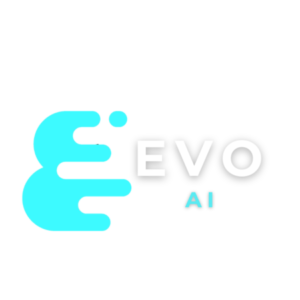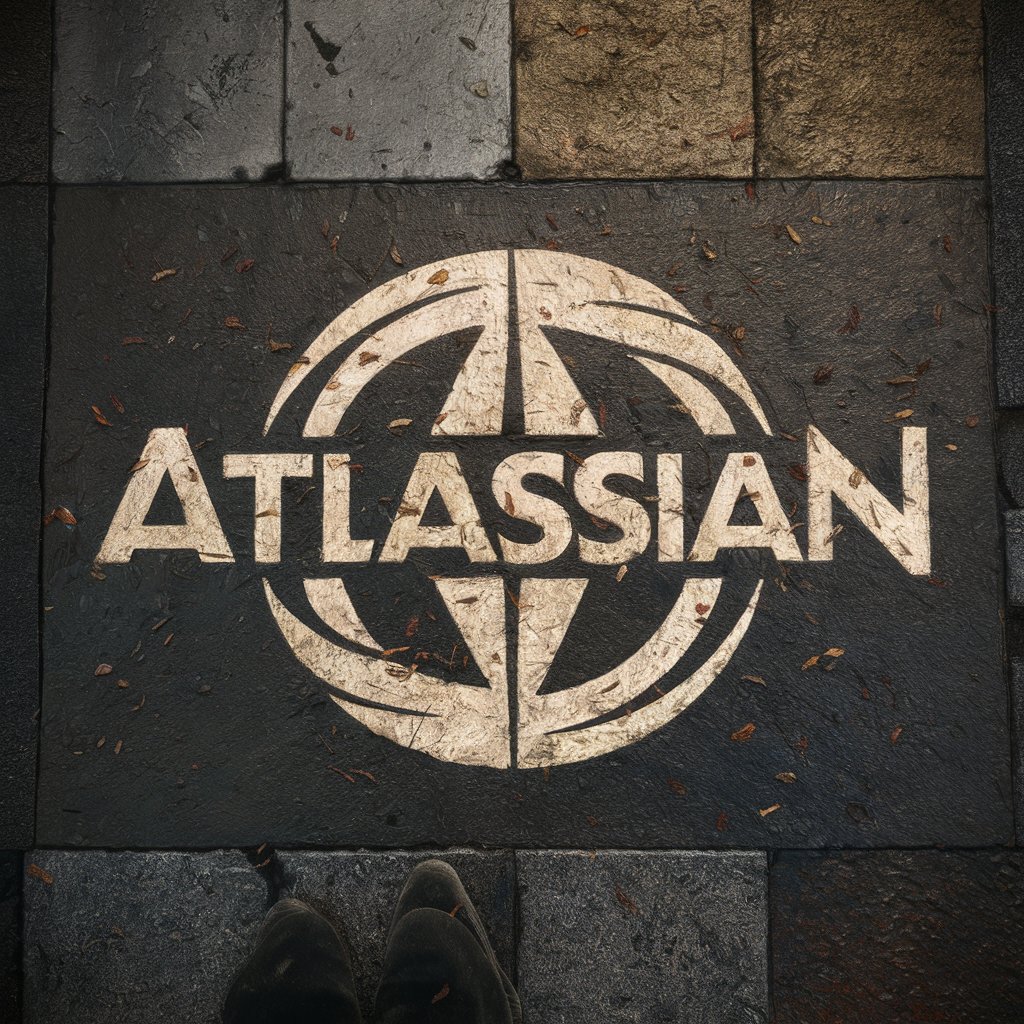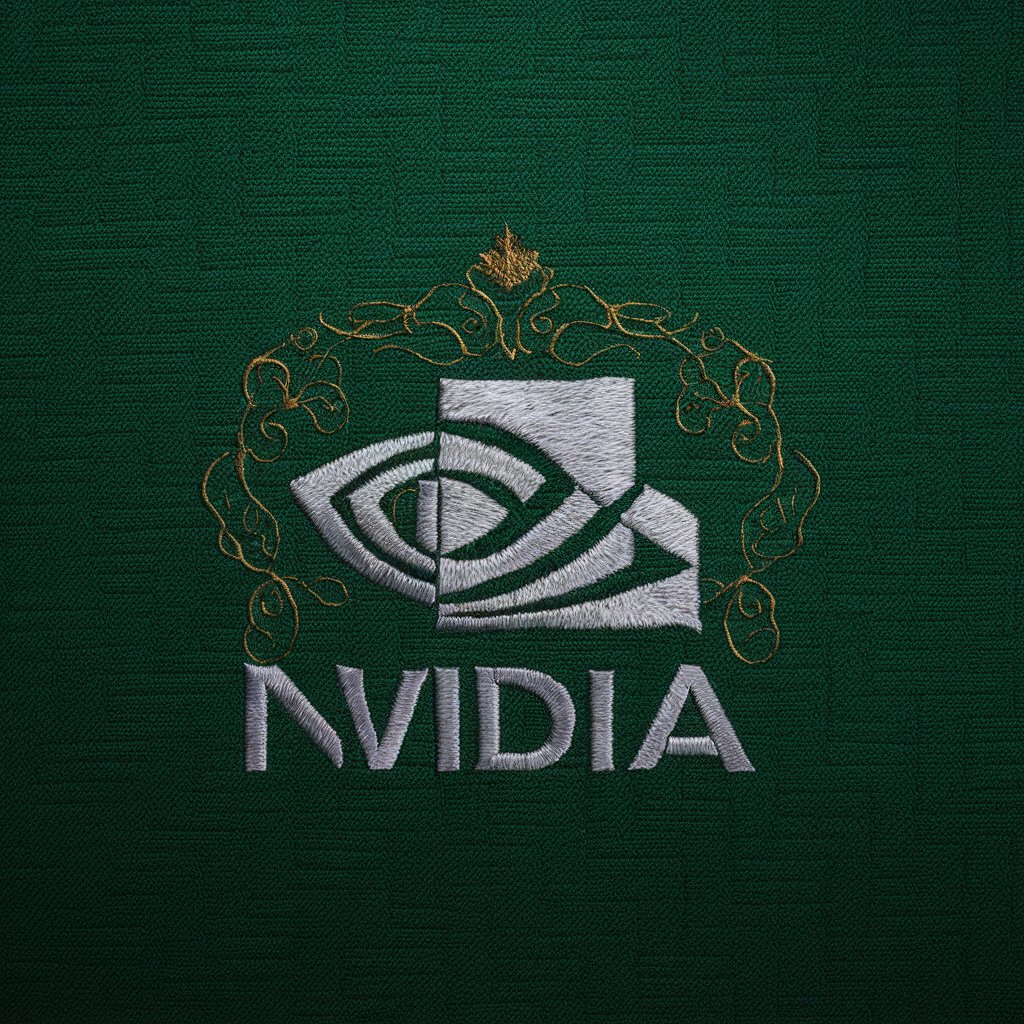
gpt2-chatbot’: The Enigmatic AI Model That Captured the AI Community’s Imagination
Introduction:
- ‘gpt2-chatbot’ made an unexpected debut on the LMSYS Chatbot Arena, capturing the attention of the AI community with performances suggesting capabilities potentially beyond OpenAI’s GPT-4. This event has sparked extensive speculation and discussions regarding the origins and technological implications of the model.
LMSYS Chatbot Arena – A Detailed Look:
- The LMSYS Chatbot Arena serves as a critical platform for the AI community, offering a space to benchmark and interact with various AI models. This platform is instrumental in pushing the envelope of AI research by allowing direct comparisons and fostering competition among emerging AI technologies.
Performance Insights and Unique Capabilities:
- ‘gpt2-chatbot’ quickly distinguished itself by excelling in complex problem-solving and demonstrating an extensive range of knowledge. Its ability to engage in creative tasks, such as drawing ASCII art, and to converse fluently in multiple languages suggests a sophisticated, multilingual model equipped with advanced training data.
Speculation on Origins and Theoretical Ties to GPT-5:
- The mysterious nature of ‘gpt2-chatbot’ and its advanced capabilities led to conjecture that it could be related to or a precursor to OpenAI’s expected GPT-5 model. This theory gained traction due to the model’s unexpected proficiency, which seems to align with anticipated advancements in AI language models.
Sam Altman’s Influence and Statements:
- OpenAI CEO Sam Altman’s cryptic tweet acknowledging a “soft spot for gpt2” intensified speculation about OpenAI’s involvement. In various public statements, Altman has hinted at the rapid evolution of AI technologies, suggesting that models like GPT-4 will soon be considered primitive compared to forthcoming developments. His remarks imply that future models, potentially including GPT-5, will offer a dramatic increase in cognitive capabilities and practical applications, setting new benchmarks for what AI can achieve.
The AI Community’s Reaction and Theoretical Implications:
- The AI community has reacted with a mix of excitement and skepticism to ‘gpt2-chatbot.’ The model’s brief appearance and subsequent disappearance have not only fueled discussions about its potential but also raised questions about the readiness and ethical considerations of deploying such powerful technologies.
Significance and Future Outlook:
- ‘gpt2-chatbot’ has underscored the unpredictable nature of AI development and the potential for sudden breakthroughs. Its performance offers a glimpse into the future capabilities of AI models and serves as a catalyst for discussions about the strategic direction of AI research, particularly in terms of developing more advanced, efficient, and versatile language models.
Conclusion:
- While the full details and origins of ‘gpt2-chatbot’ remain shrouded in mystery, its impact on the AI community is undeniable. The discussions it has sparked are likely to influence future AI development strategies and the public’s expectation of AI capabilities. As we anticipate the arrival of models like GPT-5, the AI community remains vigilant and excited about the transformative potential these models hold.
Other AI News
-
Allozymes Secures $15M to Advance AI-Enhanced Enzymatic Solutions
Allozymes, a pioneering biotech startup, has successfully raised $15 million to further develop its cutting-edge enzymatic technology using a unique data and AI-driven approach. The funding will enhance Allozymes’ capabilities in accelerating enzyme design and production, crucial for a wide range of industrial applications, from pharmaceuticals to sustainable chemicals. By leveraging proprietary AI algorithms and a vast database of enzymatic reactions, Allozymes aims to streamline the discovery and optimization of novel enzymes, significantly reducing the time and cost typically associated with traditional methods. This investment underscores the potential of combining biotechnology with artificial intelligence to create more efficient and eco-friendly manufacturing processes.
The infusion of capital marks a pivotal moment for Allozymes as it seeks to expand its technological platform and enter new markets. The startup’s approach combines high-throughput screening techniques with AI to predict enzyme behavior and outcomes, thereby enhancing the precision and effectiveness of their products. This method not only positions Allozymes at the forefront of synthetic biology innovation but also attracts attention from various industry sectors looking to reduce environmental impact and improve production efficiency. With this latest round of funding, Allozymes is set to scale its operations and pursue collaborations that will further validate and commercialize its technology, potentially revolutionizing how industries utilize enzymes for a cleaner and more sustainable future.
-
Apple’s Earnings Call Sheds Light on Ambitious AI Strategy
Apple’s recent earnings call revealed significant insights into its strategic direction with artificial intelligence, signaling a strong commitment to integrating AI across its product line and services. The tech giant highlighted its plans to enhance user experiences by embedding AI more deeply into its existing offerings, such as Siri and its camera technologies. This move is seen as a response to increasing consumer demand for smarter, more personalized technology solutions. Apple’s focus on privacy-centered AI also continues to distinguish its approach from competitors, emphasizing the development of AI applications that prioritize user data security and privacy.
Furthermore, Apple discussed its intentions to invest heavily in AI research and development, underscoring the importance of AI in its future growth strategy. The company plans to expand its AI capabilities not only to improve product features but also to explore new market opportunities, potentially including health and augmented reality, areas where AI can provide transformative impacts. This proactive approach in AI investment is designed to position Apple as a leader in the next wave of tech innovation, ensuring it remains competitive in a rapidly evolving digital landscape. The emphasis on AI during the earnings call has reassured investors and consumers alike that Apple is gearing up for a future where AI plays a central role in driving both innovation and revenue.
-
Musk’s xAI Funding Success Signals Strong Investor Confidence in AI Market
Elon Musk’s latest venture, xAI, has successfully raised significant capital, illustrating the vast financial opportunities still available for AI startups. xAI, which stands out for its innovative approach to integrating artificial intelligence with Musk’s broader business ecosystem, including Tesla and SpaceX, has attracted a flurry of interest from investors eager to back transformative technologies. This funding round not only underscores the financial viability of cutting-edge AI projects but also reflects a broader industry trend where capital continues to flow into the AI sector, driven by the promise of revolutionary advancements and new business models.
The enthusiasm around xAI’s funding highlights the ongoing investor confidence in AI technologies and their potential to disrupt traditional industries. Despite market fluctuations and economic uncertainties, AI startups like xAI continue to draw significant investment, suggesting a robust, enduring demand for AI innovations. This trend is a clear indicator that while some areas of technology investment might see a cooling off, the appetite for AI-driven enterprises remains strong. Musk’s ability to secure funding for xAI may serve as a beacon for other entrepreneurs in the AI space, encouraging more innovative ventures and continuous growth in the sector.
-
GitHub Launches Copilot Workspace: Revolutionizing Software Development with AI
GitHub has unveiled Copilot Workspace, its latest foray into AI-powered software engineering, designed to streamline the development process for coders. Copilot Workspace integrates seamlessly with GitHub’s existing suite of tools, providing an environment where developers can utilize AI to generate code, manage workflows, and collaborate more efficiently. The platform harnesses the power of GitHub’s vast code repositories and advanced machine learning models to offer suggestions and automate routine programming tasks. This enhancement aims to not only boost productivity but also foster a more intuitive coding experience, allowing developers to focus on creative and complex problem-solving.
Copilot Workspace represents a significant step in GitHub’s ongoing effort to redefine software development through artificial intelligence. By embedding AI directly into the developer’s workflow, GitHub is setting a new standard for what integrated development environments (IDEs) can achieve. Early feedback from users suggests that Copilot Workspace could drastically reduce development time and improve code quality. As GitHub continues to innovate, the potential for AI to transform software engineering grows, making tools like Copilot Workspace indispensable for modern developers seeking to leverage the latest in AI technology to enhance their coding efficiency.
-
ChatGPT Under GDPR Scrutiny Over Data Privacy Concerns in the EU
In a recent development, ChatGPT faces a significant challenge in Europe as it becomes the subject of a GDPR complaint lodged by NOYB, a prominent digital rights group. The complaint, filed by privacy advocate Max Schrems, focuses on the alleged insufficiency of ChatGPT’s data protection measures in compliance with the European Union’s strict privacy regulations. The main concern raised pertains to the way ChatGPT processes personal data, suggesting that the AI may not fully adhere to the principles of data minimization and purpose limitation, which are fundamental to GDPR guidelines.
The ramifications of this complaint could be substantial, potentially influencing how AI technologies, particularly those involving large language models, handle personal data within the EU. If the allegations hold, ChatGPT may need to implement significant changes to its data processing protocols to align with GDPR standards. This situation underscores a growing tension between the rapid development of innovative AI technologies and the robust privacy frameworks established to protect individual data rights in the EU. The outcome of this case could set a precedent for future AI applications, emphasizing the need for a balance between technological advancement and privacy protection.
-
DeepMind’s ‘Gecko’: Setting a New Standard for Evaluating AI Image Generators
Google’s DeepMind has developed a new benchmarking standard called “Gecko” to evaluate the performance of AI-driven text-to-image generators, addressing the significant gaps in current evaluation methods. This new approach, detailed in their latest research on arXiv, reveals that while generative models can produce captivating images, they often fail to align accurately with the textual prompts provided. The standard evaluation tools and datasets commonly used tend to overlook crucial nuances and may not reflect the true capabilities of models like DALL-E, Midjourney, and Stable Diffusion. Gecko aims to change that by introducing a more rigorous and comprehensive method that includes 2,000 diverse text prompts specifically designed to challenge and identify the strengths and limitations of these AI systems.
The Gecko benchmark not only categorizes these prompts into distinct sub-skills but also incorporates extensive human feedback, collecting over 100,000 ratings on images generated in response to these prompts. This large-scale human evaluation allows the researchers to discern whether discrepancies in performance are due to the models’ limitations, the ambiguity of prompts, or the inadequacies of current evaluation metrics. Additionally, Gecko introduces an innovative automatic evaluation metric based on question-answering, which aligns more closely with human judgments than existing metrics. This thorough approach revealed new insights into the comparative strengths and weaknesses of leading models, with DeepMind’s own Muse model performing exceptionally well. By making Gecko’s methodology and data publicly available, DeepMind hopes to foster more accurate assessments and enhancements in the field of text-to-image AI technology.
-
Cohere Enhances Amazon Bedrock with Command R Models, Bolstering AI Options for Developers
Cohere has expanded the availability of its Command R and Command R+ large language models (LLMs) to Amazon Bedrock, providing developers and enterprise customers with additional robust AI options. This integration enhances Amazon Bedrock’s already diverse range of LLMs, which includes models from Anthropic and Mistral. The introduction of Cohere’s models to Amazon Bedrock follows their successful performance benchmarks that reportedly surpassed those of OpenAI’s GPT-4, and their previous availability on platforms like Microsoft Azure and Amazon Sagemaker. Atul Deo, the General Manager of Amazon Bedrock at Amazon Web Services, highlighted the scalability, RAG-optimization, and multilingual capabilities of the Command R models, emphasizing their potential to deliver effective solutions globally.
This strategic move by Cohere to make its Command R models available on Amazon Bedrock comes at a critical time, especially as the competition in AI technologies continues to intensify. OpenAI, one of Cohere’s main competitors, recently enhanced its GPT-4 Turbo with new enterprise-grade features, aiming to cement its lead in the industry. However, Cohere’s latest update provides developers with more choices, enabling them to easily integrate these advanced LLMs into their projects and transform proof-of-concept ideas into practical applications. By expanding the accessibility of its models, Cohere not only aims to reach a wider audience but also anticipates generating increased revenue from its cutting-edge AI solutions.
-
Versus Introduces Vivi: Revolutionizing Content Interaction with AI
Versus has unveiled Vivi, an innovative AI platform designed to convert passive content into dynamic, interactive experiences. By utilizing advanced deep learning technologies, Vivi analyzes content from various sources—including articles, social media, and websites—and transforms it into interactive games, challenges, and polls. This not only enhances user engagement and retention but also increases revenue opportunities for Versus’ partners. John Vitti, CEO of Versus, highlighted Vivi’s ability to recognize content patterns quickly and efficiently, positioning it as an “elite student/researcher” that delivers relevant and engaging questions at the perfect moment.
The real-time content generation capability of Vivi is a critical feature, with processes completed in under one second to ensure seamless consumer experiences. Early results are promising, as demonstrated by partnerships with leading brands like Disney and Microsoft, which have shown engagement rates up to 94% and 65%, respectively. These partnerships, coupled with Vivi’s ability to add significant session time, indicate substantial growth potential for Versus in the interactive content market. Looking forward, Versus aims to redefine content interaction, moving from passive consumption to active engagement, thus bridging the gap between content creation and audience interaction in the digital age.
-
AISAP Raises $13M to Revolutionize Ultrasound Diagnostics with AI Technology
AISAP, an Israeli startup, has secured a substantial $13 million in seed funding to advance its groundbreaking AI-powered software for ultrasound diagnostics. The company’s innovative platform, known as Point-of-Care Assisted Diagnosis (POCAD), connects to standard ultrasound equipment to provide quick and accurate assessments of patients’ conditions. This technology enables physicians, including those with no specialized training in ultrasound image analysis, to receive diagnostic results in minutes. Traditionally, ultrasound diagnostics require interpretation by specialized radiologists, a process that can take several hours to days, constrained by the availability of experts and processing labs.
The newly funded project is led by a consortium of medical, technological, and intelligence experts, including significant figures from Israel’s top medical and military establishments. AISAP’s mission is spearheaded by a vision to enhance cardiac diagnostics initially, with plans to expand into other medical areas. POCAD operates on a cloud-based, encrypted platform that complies with HIPAA and is ISO 13485 certified, ensuring both security and accessibility. The software can be used with existing ultrasound devices in various settings, such as hospitals and field operations, making it a versatile tool for medical professionals. By leveraging machine learning trained on millions of echocardiogram video clips, POCAD aims to democratize expert-level cardiac diagnostics, providing rapid initial assessments that could prove crucial in emergency situations. With this technology, AISAP not only promises to improve the efficiency of medical diagnostics but also to save lives by enabling faster decision-making in critical care scenarios.
About The Author

Bogdan Iancu
Bogdan Iancu is a seasoned entrepreneur and strategic leader with over 25 years of experience in diverse industrial and commercial fields. His passion for AI, Machine Learning, and Generative AI is underpinned by a deep understanding of advanced calculus, enabling him to leverage these technologies to drive innovation and growth. As a Non-Executive Director, Bogdan brings a wealth of experience and a unique perspective to the boardroom, contributing to robust strategic decisions. With a proven track record of assisting clients worldwide, Bogdan is committed to harnessing the power of AI to transform businesses and create sustainable growth in the digital age.











Leave A Comment